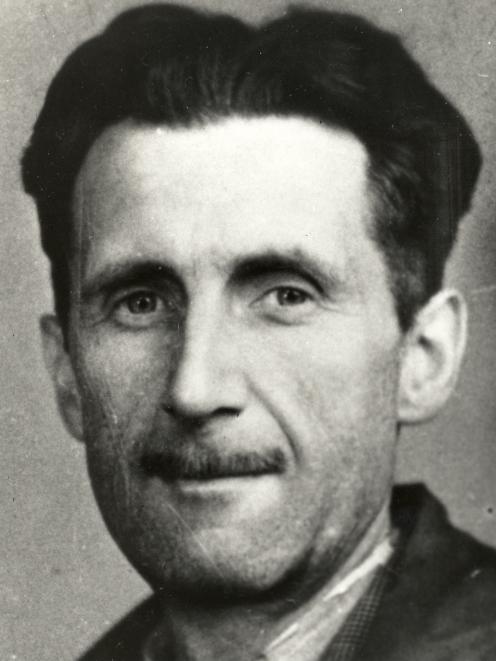A biography about George Orwell is fascinating, writes Peter Stupples.

ORWELL’S NOSE: A
PATHOLOGICAL BIOGRAPHY
John Sutherland
Reaktion Books/Newsouth
By PETER STUPPLES
George Orwell (the pen-name of Eric Blair) is rightly renowned for his two late books, the "beast fable'' Animal Farm and the dystopian novel 1984. Reading them is an unforgettable experience. Neither is much fun, but both are sharp warnings of the consequences of a lack of political vigilance.
Orwell's earlier novels seem more dated, though all contain elements of the ideas he was to bring to maturity in his two masterpieces. John Sutherland's brief and down-to-earth biography concerns itself with the novels and, particularly, the seamy sides of Orwell's life and personality.
Jonathan Swift was Orwell's favourite writer. Swift's eponymous hero of Gulliver's Travels hates his own kind, but being a human being himself, suffers the same weaknesses and bodily deficiencies as those he loathes.
Like Swift, Orwell was not a lover of his own kind and Sutherland outlines, in short racy paragraphs, the reasons why Orwell should be so contemptuous of humankind and its bestial behaviour.

Yet Orwell himself did not behave well to those around him, to his family, his wife and his lovers. He did not behave well particularly to himself, smoking heavily the cheapest cigarettes when suffering from weak lungs, eventually succumbing to tuberculosis.
The subtitle of Orwell's Nose is "A Pathological Biography''. Sutherland does indeed dwell, with what sometimes seems self-revealing relish, on Orwell's grim pathology, that made the Old Etonian, at one stage, throw off his middle-class clothes to dress in rags and live amongst the down and out in Paris and London, or at another, fight on the barricades with anarchist factions in Spain against Franco's Fascists, yet at the same time use his connections forged at Eton to advance his career as a writer.
Orwell was passionately interested in the way language is used and misused, favouring what he called "window pane'', "disambiguation'', plain speech, rather than the riches of polysemic English celebrated by his colleague at the BBC (1941-43) William Empson.
Using "straight talk'', and eschewing "double-speak'', a description of the language of duplicity he, by implication, made famous in 1984, Orwell wrote perceptive and often hard-hitting essays and reviews, which Sutherland briefly acknowledges, while preferring to emphasise the stench of the writer's life and times.
It was the less pathological Orwell who wrote literary reviews for The Observer, columns in The Tribune and essays in Horizon in the 1940s. This writing, with his two masterpieces, constitutes his most profound legacy and comments succinctly on the pathology of us all, a pathology that, unfortunately, is only too human.
Peter Stupples teaches at the Dunedin School of Art.











